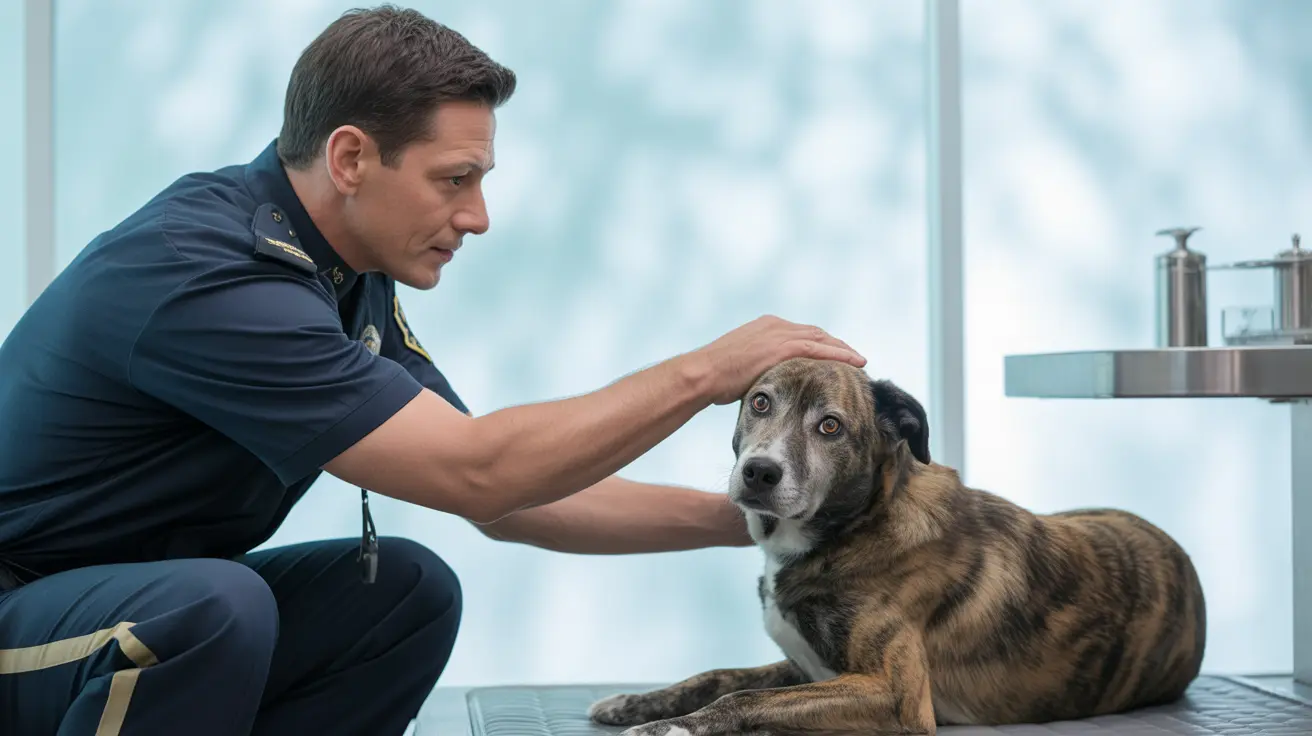If your normally social cat has suddenly started seeking solitude, you're not alone in your concern. This unexpected behavioral shift can leave many cat owners worried and confused. While cats are naturally independent creatures, a sudden change in social behavior often signals something that needs attention.
Understanding why your cat wants to be alone all of a sudden requires examining various physical, emotional, and environmental factors that could be influencing their behavior. Let's explore the main reasons behind this common feline behavior change and learn when it's time to seek professional help.
Medical Causes for Sudden Isolation
When cats aren't feeling well, their first instinct is to hide. This behavior stems from their wild ancestors, who needed to protect themselves from predators when vulnerable. Common health issues that may cause sudden isolation include:
- Dental problems or oral pain
- Gastrointestinal issues
- Urinary tract infections
- Arthritis or joint pain
- Internal injuries
- Fever or infection
If your cat's solitary behavior is accompanied by changes in eating habits, litter box use, or grooming, it's crucial to schedule a veterinary examination.
Environmental Triggers and Stress
Cats are sensitive to changes in their environment, and various factors can trigger a desire for solitude:
- New pets or family members
- Home renovations or furniture changes
- Changes in routine
- Loud noises or construction
- Moving to a new home
- Changes in litter box location
These environmental stressors can cause temporary withdrawal as your cat processes and adjusts to the changes.
Emotional and Social Factors
Sometimes, emotional or social dynamics can cause your cat to seek alone time:
- Feeling overwhelmed by too much attention
- Conflict with other pets
- Changes in household dynamics
- Grief over the loss of a companion
- Response to owner's stress or anxiety
Age-Related Changes
As cats age, they naturally become more inclined to spend time alone. Senior cats may seek solitude due to:
- Reduced energy levels
- Age-related discomfort
- Cognitive dysfunction
- Sensory decline (vision or hearing loss)
- Need for more rest and quiet time
When to Be Concerned
While temporary solitude isn't always worrisome, certain signs indicate a need for veterinary attention:
- Isolation lasting more than 24 hours
- Complete loss of appetite
- Lethargy or weakness
- Unusual aggression when approached
- Changes in bathroom habits
- Visible signs of pain or distress
Supporting Your Solitary Cat
Here are effective ways to help your cat feel secure while respecting their need for space:
- Create quiet, safe hiding spots throughout your home
- Maintain consistent daily routines
- Provide comfortable resting areas at various heights
- Keep food, water, and litter boxes easily accessible
- Allow them to approach you on their terms
- Offer gentle interaction when they seem receptive
Frequently Asked Questions
Why does my cat want to be alone all of a sudden after being social?
Sudden changes in social behavior can be triggered by illness, stress, environmental changes, or emotional factors. If this behavior persists for more than 24 hours or is accompanied by other symptoms, consult your veterinarian.
What health issues can cause a cat to suddenly seek solitude or hide?
Common health issues include pain, infections, dental problems, gastrointestinal upset, urinary tract infections, and chronic conditions like arthritis or kidney disease. Any sudden behavioral change warrants medical attention.
How can changes in routine or environment stress my cat and make it want to be alone?
Cats are sensitive to environmental changes such as new pets, moving furniture, household renovations, or schedule disruptions. These changes can cause temporary stress, leading to withdrawal until they feel secure again.
When should I be worried and take my solitary cat to the vet?
Seek veterinary care if your cat's isolation lasts more than 24 hours, or if you notice additional symptoms like loss of appetite, changes in litter box habits, lethargy, or signs of pain.
How can I help my cat feel safe and encourage social interaction after it withdraws?
Provide quiet hiding spots, maintain routine, respect their space, and offer gentle interaction when they seem receptive. Use positive reinforcement with treats and calm play sessions when they show interest in socializing.






